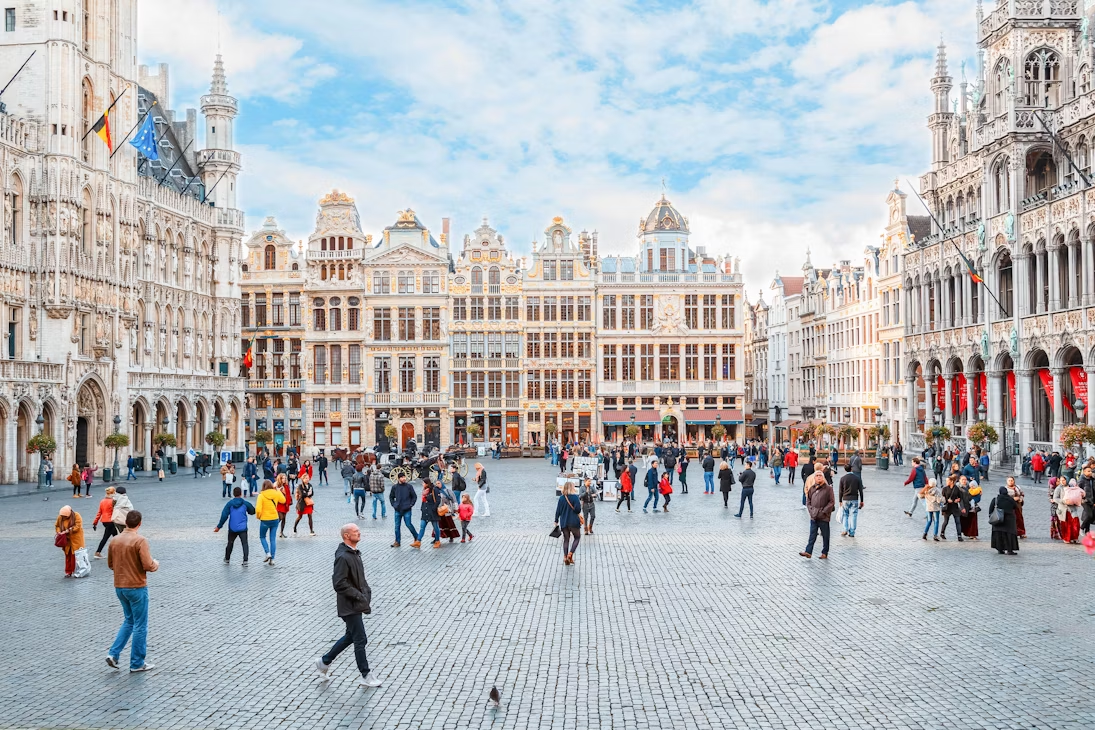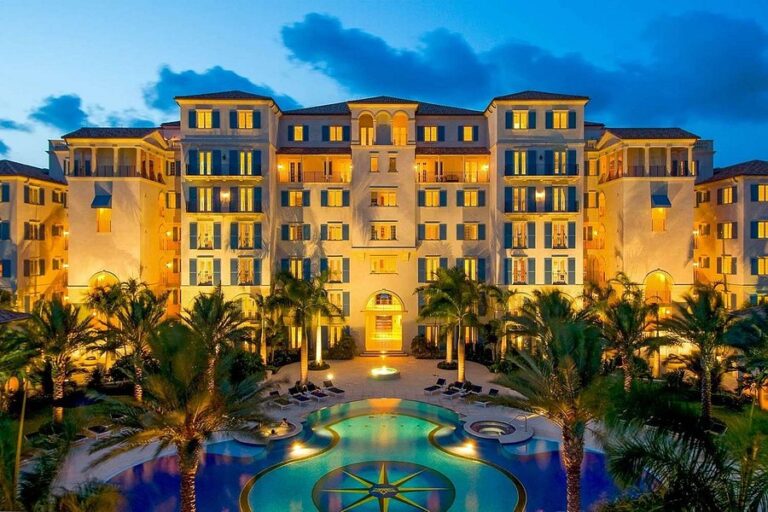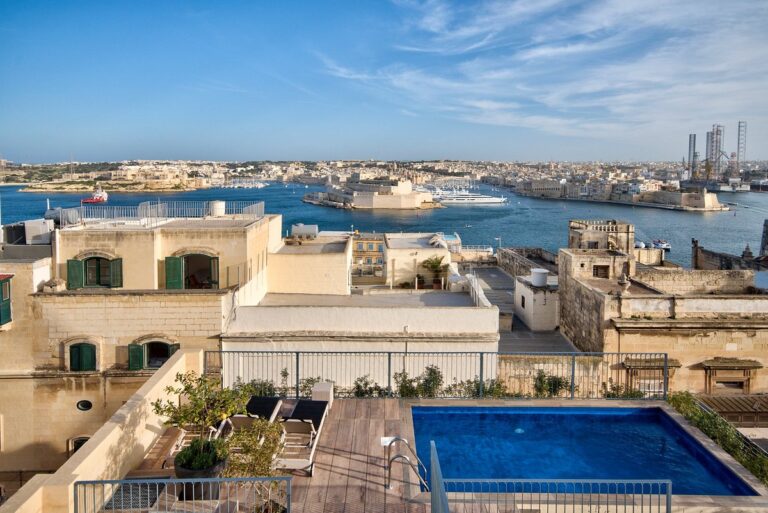Quick Summary
Brussels, Belgium’s vibrant capital, blends historic grandeur with modern culture, offering iconic landmarks like the Grand Place, quirky statues such as Manneken Pis, and world-class cuisine featuring Belgian waffles and beer.
This guide covers everything you need to know—from must-see sights, local tips, safety advice, and budget planning to how to get around—to help you experience Brussels like a local and make the most of your trip.
Top Attractions and Things to Do in Brussels
Grand Place
The beating heart of Brussels, this UNESCO World Heritage site dazzles with Baroque guild houses and the Gothic Town Hall. Visit during the biennial Flower Carpet event in August for an unforgettable floral spectacle. The square is lively year-round with cafes and events.
Manneken Pis & Friends
Don’t miss the cheeky Manneken Pis statue, famous for its over 1,000 costumes. Nearby, discover Jeanneke Pis and Zinneke Pis, quirky statues that add local charm and humor to your visit.
Belgian Comic Strip Center
Explore Belgium’s rich comic heritage with exhibits featuring Tintin, The Smurfs, and more. This museum is a whimsical dive into pop culture and art, perfect for families and comic enthusiasts.
Royal Museum of Fine Arts
Home to masterpieces by Flemish and Belgian artists, this museum offers a deep cultural experience. Don’t miss hidden gems and rotating exhibitions that showcase Brussels’ artistic soul.
Mont des Arts
Enjoy panoramic views of the city from this cultural hub, where history and modernity blend. It’s a prime spot for photos and soaking in Brussels’ artistic vibe.
Jardin du Petit Sablon
A peaceful garden filled with sculptures and greenery, perfect for a quiet stroll away from the bustling city center.
Where to Stay: Neighborhoods and Accommodation Tips
Choosing the right neighborhood can transform your Brussels experience. Here are my personal favorites:
City Center (Pentagon)
Ideal for first-timers, close to Grand Place, museums, and eateries. Expect boutique hotels and charming B&Bs.
Ixelles
A trendy, multicultural district with vibrant nightlife, cafes, and art galleries. Great for young travelers.
European Quarter
Perfect for those interested in politics and modern architecture, near EU institutions and parks.
Typical Costs and Budgeting for Brussels
Brussels is surprisingly affordable compared to other Western European capitals. Here’s a breakdown based on my recent visits:
Accommodation
Hostels: €25–40/night
Mid-range hotels: €80–150/night
Luxury hotels: €200+/night
Food & Drink
Casual meal: €12–20
Mid-range restaurant: €30–50
Beer (0.5L): €3–5
Transport
Single metro/tram ticket: €2.50
Day pass: €7.50
Taxi start: €4, then €1.80/km
Suggested daily budget: €70–120 for mid-range travelers, including meals, transport, and entry fees.
Money-Saving Tips
- Visit museums on the first Sunday of the month for free entry.
- Buy a Brussels Card for discounts on attractions and public transport.
- Eat at local friteries for authentic Belgian fries at low prices.
- Use public transport day passes instead of single tickets.
- Book tours and tickets online in advance to save money and skip lines.
Getting Around Brussels
Brussels has a well-connected public transport system including metro, trams, and buses operated by STIB/MIVB. Here’s how I recommend navigating:
- Metro: Fastest way to reach major attractions like Grand Place and European Quarter.
- Trams & Buses: Great for exploring neighborhoods like Ixelles and Saint-Gilles.
- Walking: The city center is compact and walkable, perfect for soaking in the architecture and street life.
- Bicycles & Scooters: Available for rent via apps, ideal for short trips and eco-friendly travel.
Best Time to Visit and How to Get There
When to go: Late spring (May-June) and early autumn (September) offer pleasant weather and fewer crowds. The biennial Flower Carpet event in August is a spectacular highlight.
How to get there: Brussels Airport (BRU) is the main international gateway with direct flights from most major cities. The city is also well-connected by train, including high-speed Thalys and Eurostar services from Paris, London, and Amsterdam.
Tours and Day Trips
To deepen your experience, consider these popular tours:
- Walking Tour of Brussels: Explore hidden gems and learn local stories with expert guides.
- Chocolate and Beer Tasting Tours: Sample world-famous Belgian chocolates and beers.
- Day Trips: Visit nearby Bruges or Ghent for medieval charm and canals, just 30-60 minutes by train.
How Long to Stay
For a fulfilling experience, I recommend spending at least 3 full days in Brussels. This allows time to explore key sights, enjoy local cuisine, and take a day trip to nearby cities.
Safety Tips and Emergency Contacts
Brussels is generally safe for travelers, but like any major city, stay aware of your surroundings, especially in crowded tourist areas. Avoid poorly lit streets at night and keep your belongings secure.
Emergency Numbers:
- Police, Fire, Ambulance: 112
- Local Police (Brussels): +32 2 279 6111
- Tourist Assistance: info@visit.brussels
Personal Insights and Pro Tips
Having wandered Brussels multiple times, here are some insider tips to elevate your visit:
- Visit Grand Place early morning or late evening to avoid crowds and see the square beautifully lit.
- Try the local street food: Belgian fries with mayo and waffles from Maison Dandoy, and sample a variety of beers at Delirium Café.
- Wear comfortable shoes—cobblestone streets are charming but can be tough on your feet.
- Learn a few basic French or Dutch phrases; locals appreciate the effort, and it enriches interactions.
- Use the Brussels Card for free public transport and discounts on museums—it’s worth it.
Frequently Asked Questions (FAQs)
What is the best way to get from Brussels Airport to the city center?
Take the direct train from Brussels Airport-Zaventem station to Brussels Central Station. The journey takes about 20 minutes and costs around €9. Taxis and airport shuttles are also available but are more expensive.
Is Brussels safe for solo travelers?
Yes, Brussels is generally safe, especially in tourist areas. Standard precautions like avoiding poorly lit areas at night and watching your belongings will keep you safe.
How much should I budget daily in Brussels?
A mid-range traveler can expect to spend €70–120 per day covering accommodation, meals, transport, and attractions. Budget travelers can spend less by choosing hostels and street food.
What are must-try foods in Brussels?
Belgian waffles, moules-frites (mussels with fries), Belgian chocolate, and local beers are essential culinary experiences.
When is the best time to visit Brussels?
Late spring (May-June) and early fall (September) offer mild weather and fewer tourists. The August Flower Carpet event is a unique spectacle but attracts larger crowds.
Disclaimer: WakaAbuja has made every effort to ensure that the information in this post was correct at the time of publication. However, we do not assume any liability caused by errors such as pricing, hours, or location details. Please consult official websites or social media pages for the most up-to-date information.




